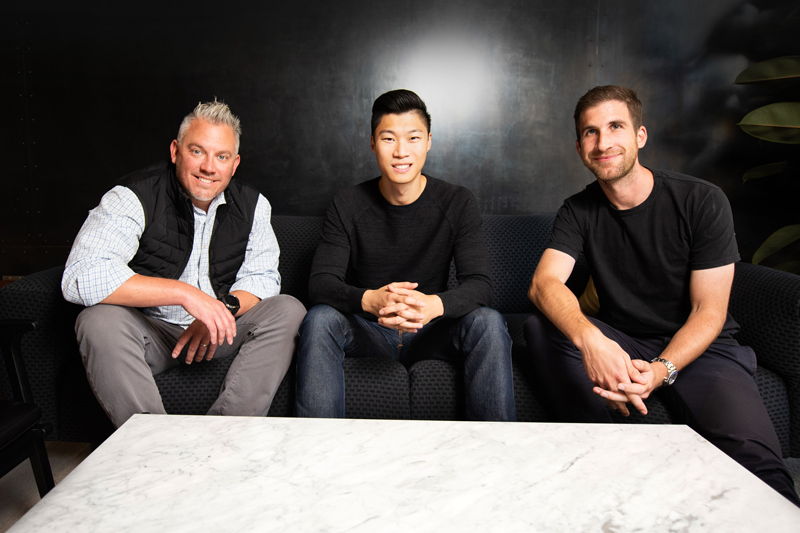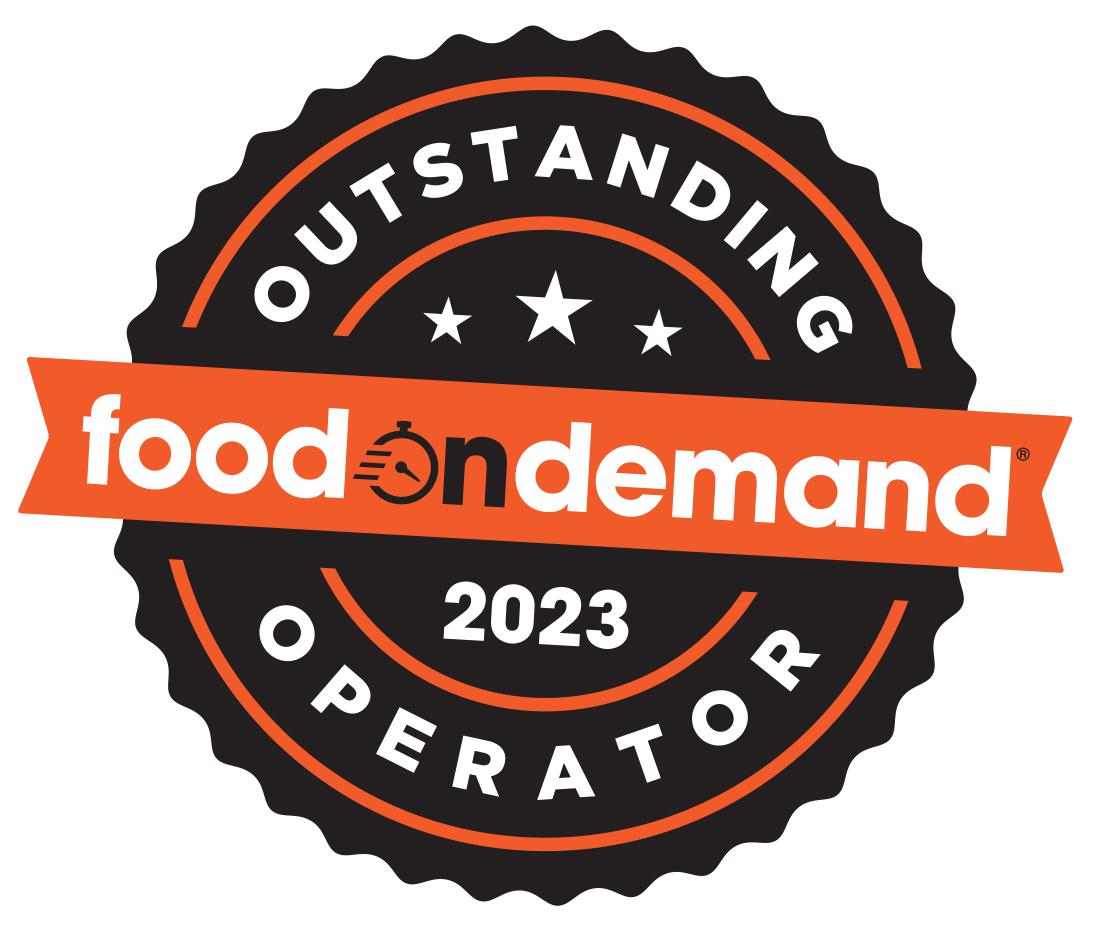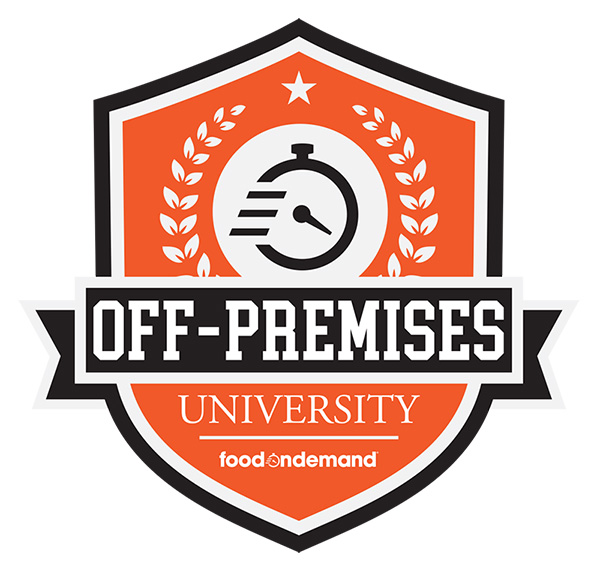Like the brass at most ghost kitchen brands, Virtual Kitchen Co. CEO Ken Chong is reticent to share many details about his fast-growing network of Bay Area delivery-only kitchens he founded with fellow Uber vet Matt Sawchuk. After starting in 2018, the company has six multi-tenant facilities up and running in the city with six more coming online soon.
A self-proclaimed power user of meal-delivery services, Chong said there are countless opportunities to further improve the experience for consumers from this current moment, and he’s especially interested in helping restaurateurs think bigger than just adding volume and entering new markets. He wants the company’s tenants to focus on innovation, with the ultimate goal of designing food that’s intended to be consumed 20-30 minutes after it was cooked, rather than five minutes which is generally the norm for dine-in settings.
“There’s a lot of headroom left for folks to think about menu design, the types of food that work well, how they’re assembled and packaged either independently or together,” he said. “What are the other aspects and other things I can offer the customer to really make it a world-class experience?”
Without the customer interaction inside a traditional restaurant, Chong said making ghost kitchens a pleasant place to work is another focal area, including looking at ways to give hard-working team members affirming feedback without high-rolling guests occasionally making it rain behind the line after a good dining experience.
“The customer feedback one is certainly one of them, the other is just making things seamless, scheduling shifts in a digital way and [using] software, where applicable, to really help simplify the employees’ lives,” he added.
For restaurant operators kicking the tires of their first ghost kitchen, Chong said that simplifying the process is a constant priority, listening to restaurant partners to identify and minimize friction points to make experimenting with a delivery-only kitchen as easy as possible.
“To be able to help restaurateurs take some of the risk out of signing a lease, for example, or getting equipment set up and just reducing some of the experimentation cost,” he said, “is all part of the excitement going into ghost kitchens.”
Chong declined to elaborate about the company’s expansion plans, which is becoming a hallmark within a very competitive end of the tech-fueled restaurant world. He said the company’s visions are “certainly national, if not international.”
With deep pockets thanks to a $15.3 million funding round that included yet another Uber Eats team member, VKC’s beyond-the-bay ambitions seem at least possible in an industry throwing out eye-popping growth projections.
Virtual Kitchen Co. investors Marc Andreessen and Ben Horowitz summarized their rationale for funding the startup, citing the fast growth of the international delivery market and the collective impact of giving smaller, local brands a new way to expand.
“For the restaurant industry, the opportunity is huge (at last count nearly $100B of orders worldwide),” Andreessen Horowitz said. “On an individual level, it allows our most beloved local brands to scale beyond their retail footprint, and reach new customers in entirely new ways at a much lower cost.
Chong stressed that his company is most focused on nailing the execution, which means growing at the right pace and making long-term decisions whenever possible.
Asked about pricing details, Chong said they have a revenue sharing model with tenants, but said exact terms vary depending on the needs of the restaurant in terms of space, staffing, refrigeration and even trucking. He called it a “partner-friendly approach,” which translates to flexibility and a willingness to try new things—all part of the game when you’re a startup in learning mode, he added.
With so many ghost kitchens now opening, and legions of additional ones set to open within the next year, there appears to be plenty of room for different models to try different approaches before direct competition brings out the claws.




